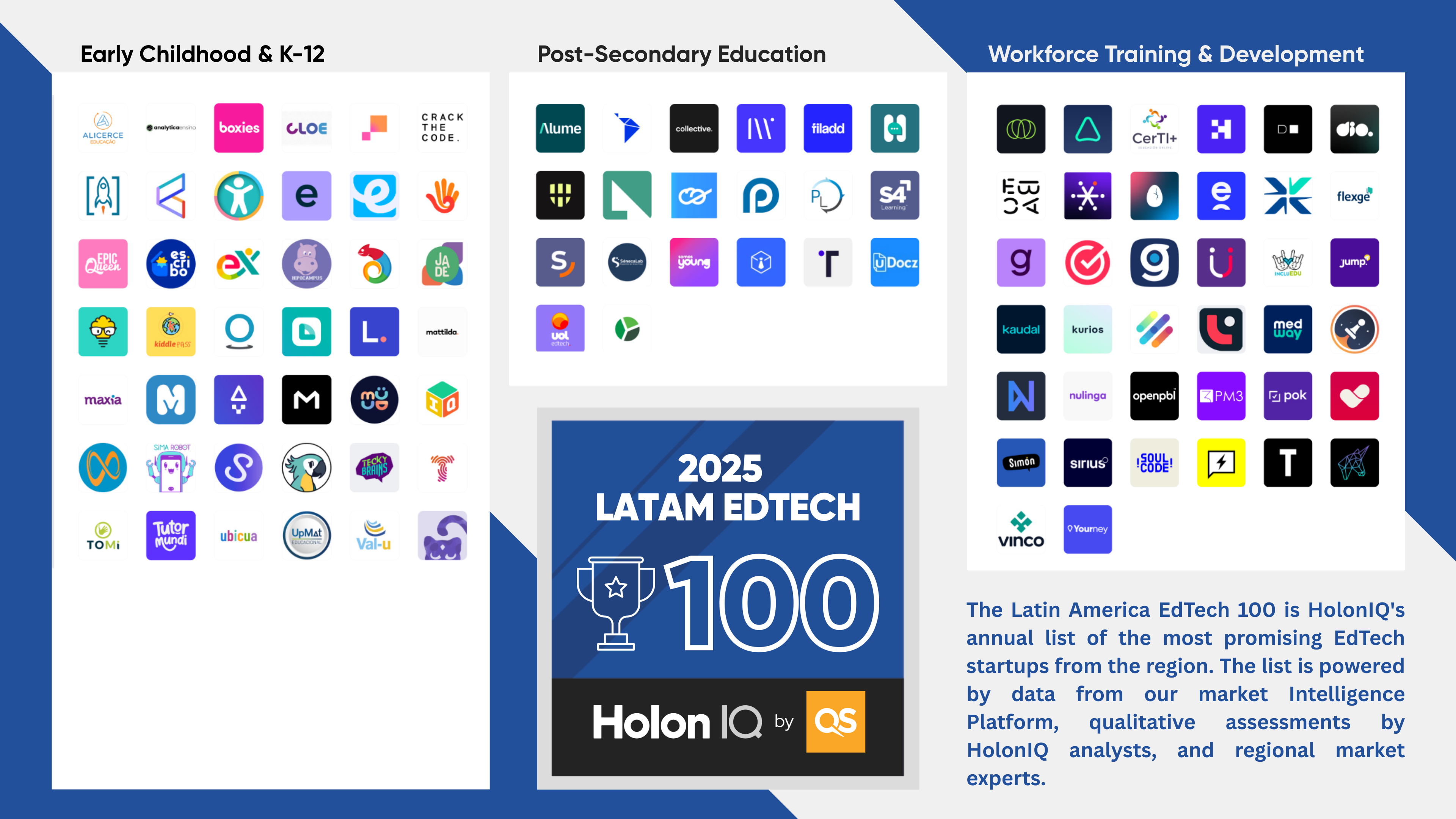Most respondents (36%) would prefer to see 'OPM Unbundling' unfold. But you need to dig deeper to get the full story.
More coverage on the future of the OPM model has been published over the last month since we shared our Anatomy of an OPM report than we have seen over the last few years. We asked for your views on the four scenarios for the future of OPMs and 230+ folks around the world shared their perspective.
4 OPM Scenarios in 2030
Emerging trends providing directional signals about the future shape of the OPM Market, which have been shaped into 4 OPM Scenarios for 2030 based on two of the most discussed OPM dimensions.
Outsource-Insource – Will Universities embrace the OPM and continue to ‘outsource’ the capabilities and resources OPMs offer, or will they seek to build those capabilities in-house and manage the entire online spectrum over the long-run?
Consolidation-Fragmentation – Will online higher education consolidate towards an oligopoly of global giants, akin to the broader technology sector or are we more likely see a highly disbursed and fragmented market of ‘suppliers’ that represent vendor relationships more than partnerships?

Expect Universities to Outsource Online Degrees
230+ education experts, executives, entrepreneurs and investors around the world assessed the probability of each of the future OPM scenarios would be realized by 2030. The assessment was independent of their personal preference and on a case by case basis (i.e. assess each scenario independently rather than distributing 100% between the four).
Follow each axis, most respondents identified that outsourcing is more likely to occur than university ‘insourcing’. Opinion is divided on the likelihood of consolidation or fragmentation of the market, with both OPM ‘Oligopoly’ and OPM ‘Unbundling’ identified as probable, with a slightly higher preference to consolidation than fragmentation. University Network and University DIY scenarios also followed similar patterns. Of the ‘insource’ quadrant options, the DIY (Do It Yourself) scenario was identified as a higher probability than a University Network scenario but not by much. Both, however, received “Probably Not” as the most popular response.

Universities favor Unbundling. Investors expect it too.
Over two-thirds of responses from those who work in universities expect that the outsourcing models will dominate, with 40% favouring the OPM Unbundling scenario where universities maintain control over the value chain and work with a number of OPM’s on a fee for service basis. Investor respondents agree and 60% expect the OPM market of 2030 to be competitive, fragmented and active.
Interestingly, OPM Providers themselves see an OPM Oligopoly scenario more preferable, identifying that the market will consolidate around a few large players, rather than fragment with many small providers. 60% of respondents who identified as investors chose OPM Oligopoly as their most preferred scenario in 2030.

Global Respondents. Industry cross-section
Almost half of all respondents were from the Americas, with most in this group from the USA. Europe accounted for approximately one quarter, Oceania and Asia around 10% each and 5% from Africa.
Those working in universities accounted for around one third of respondents, OPM providers and general industry folk around 20% each, with technology providers and investors making up the remainder of the group.
Do you operate in or with the higher education sector and have experience with online program development or delivery models? Share your thoughts on future OPM Scenarios.





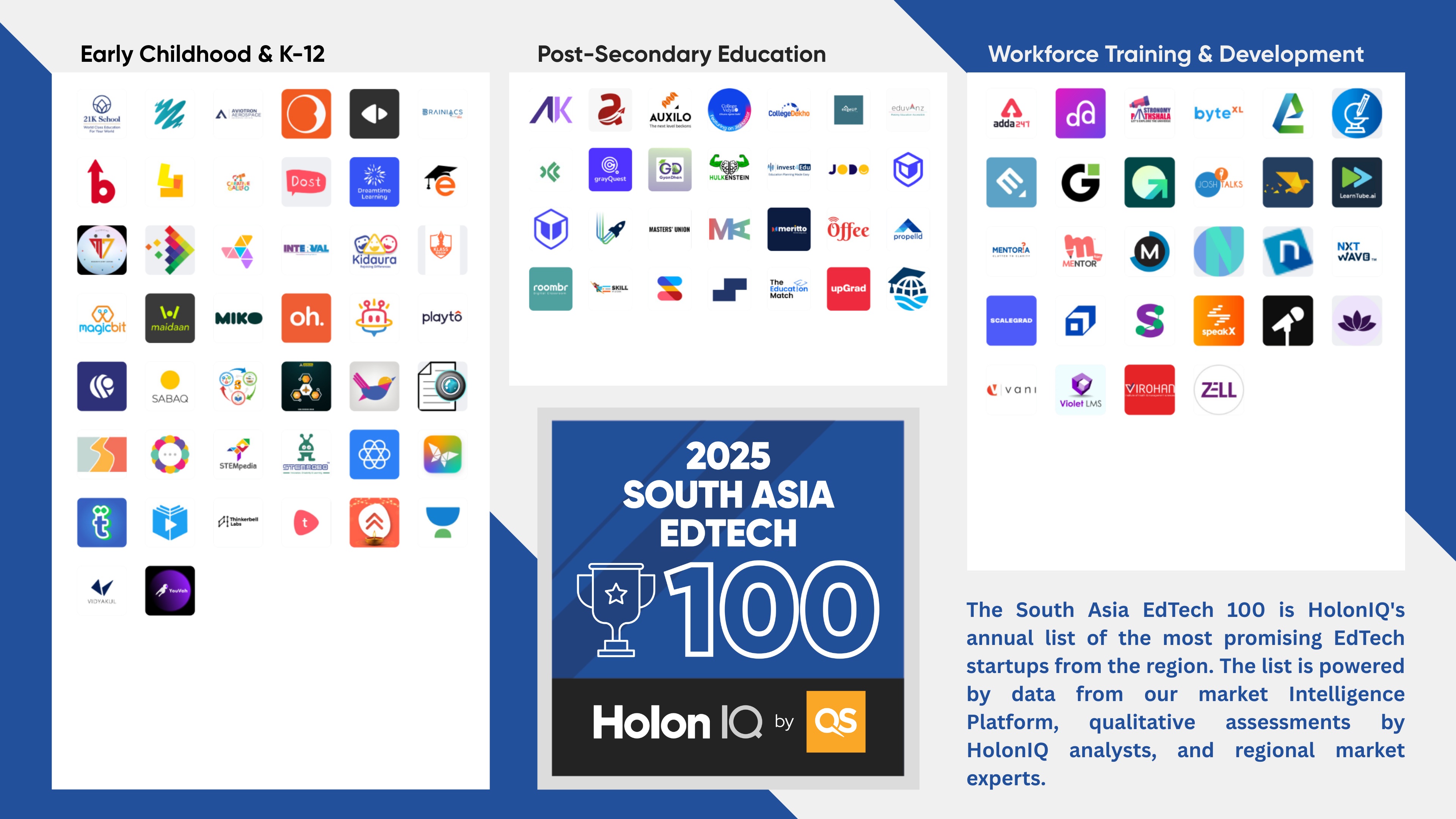
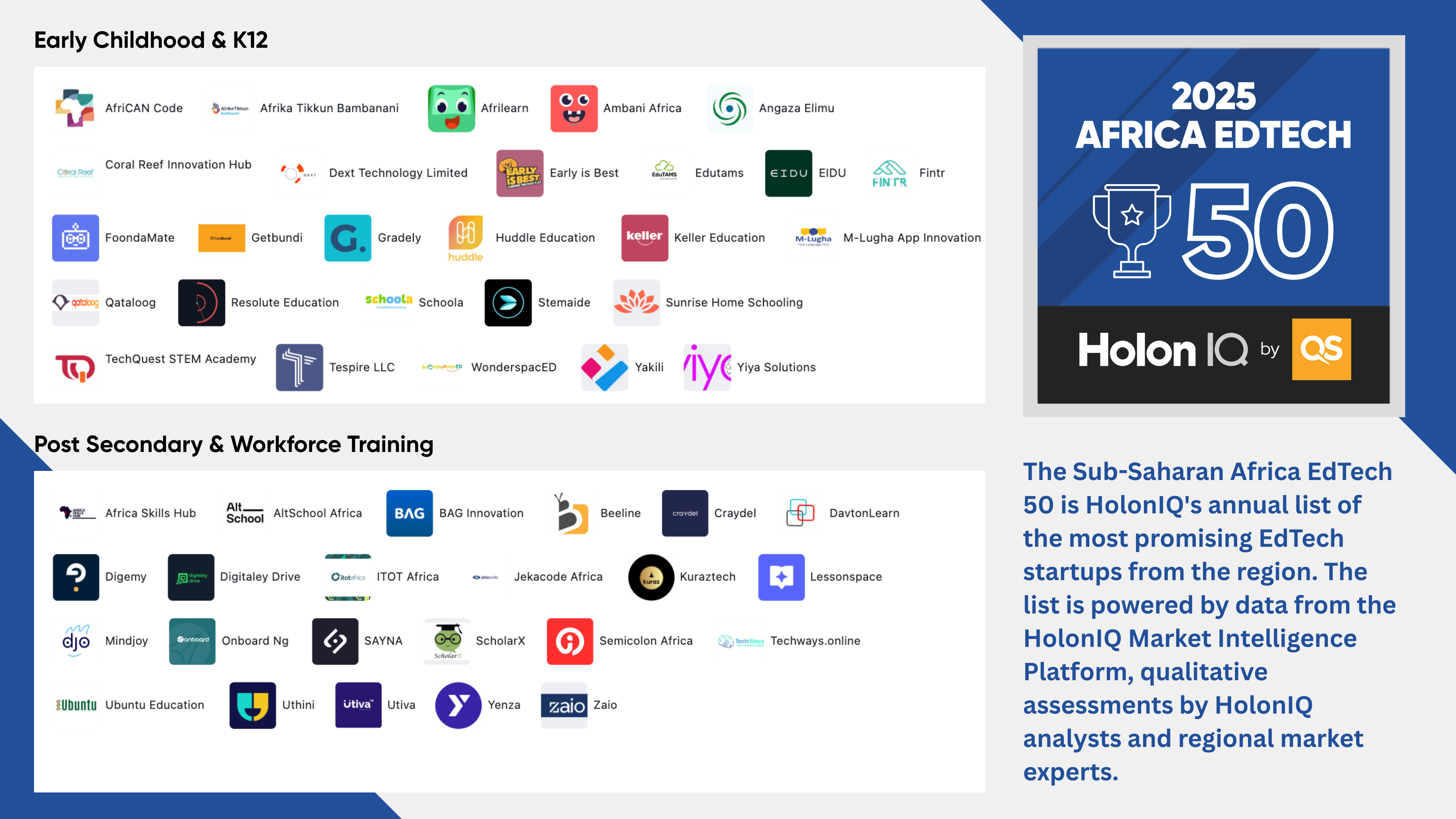
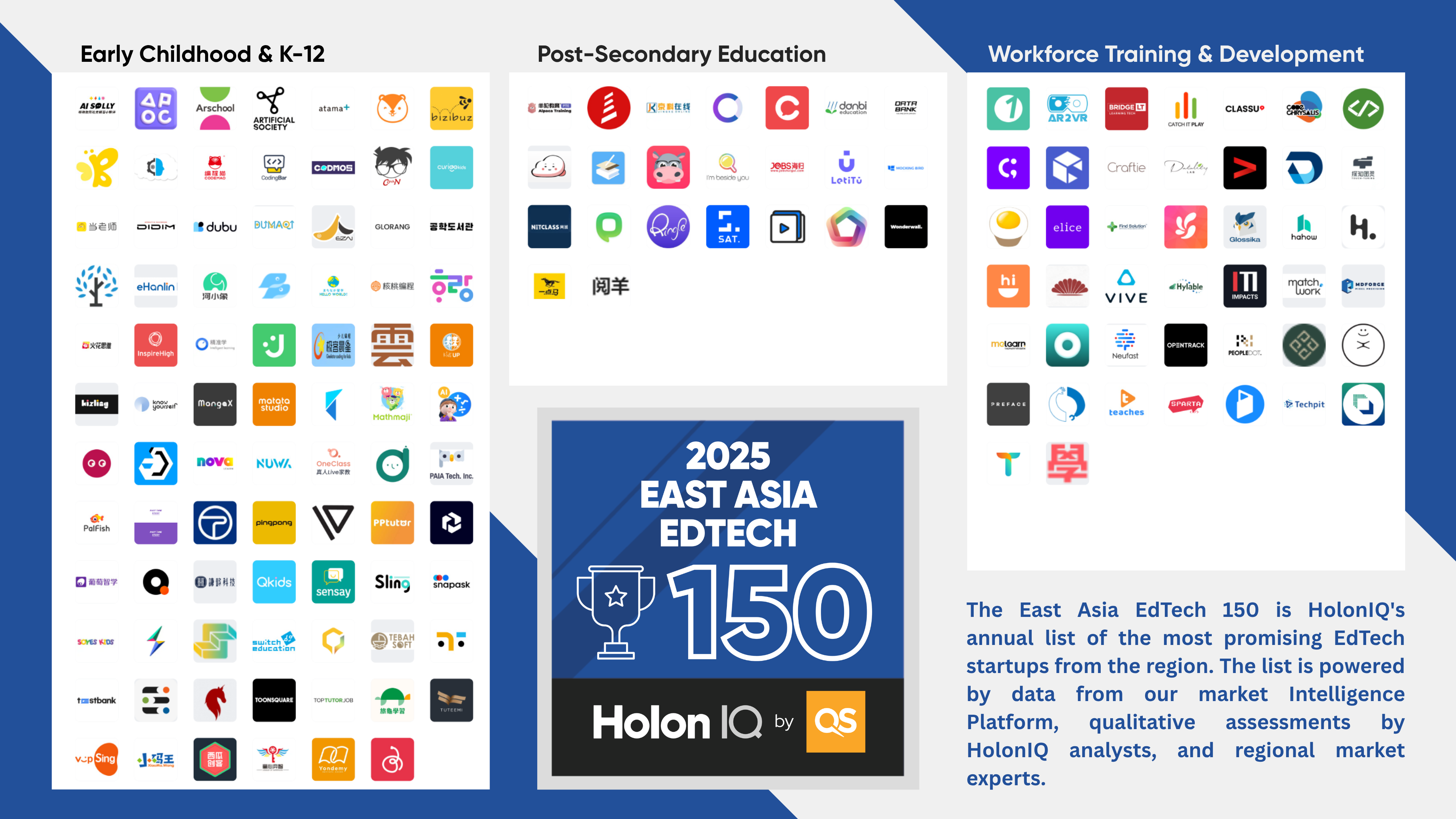
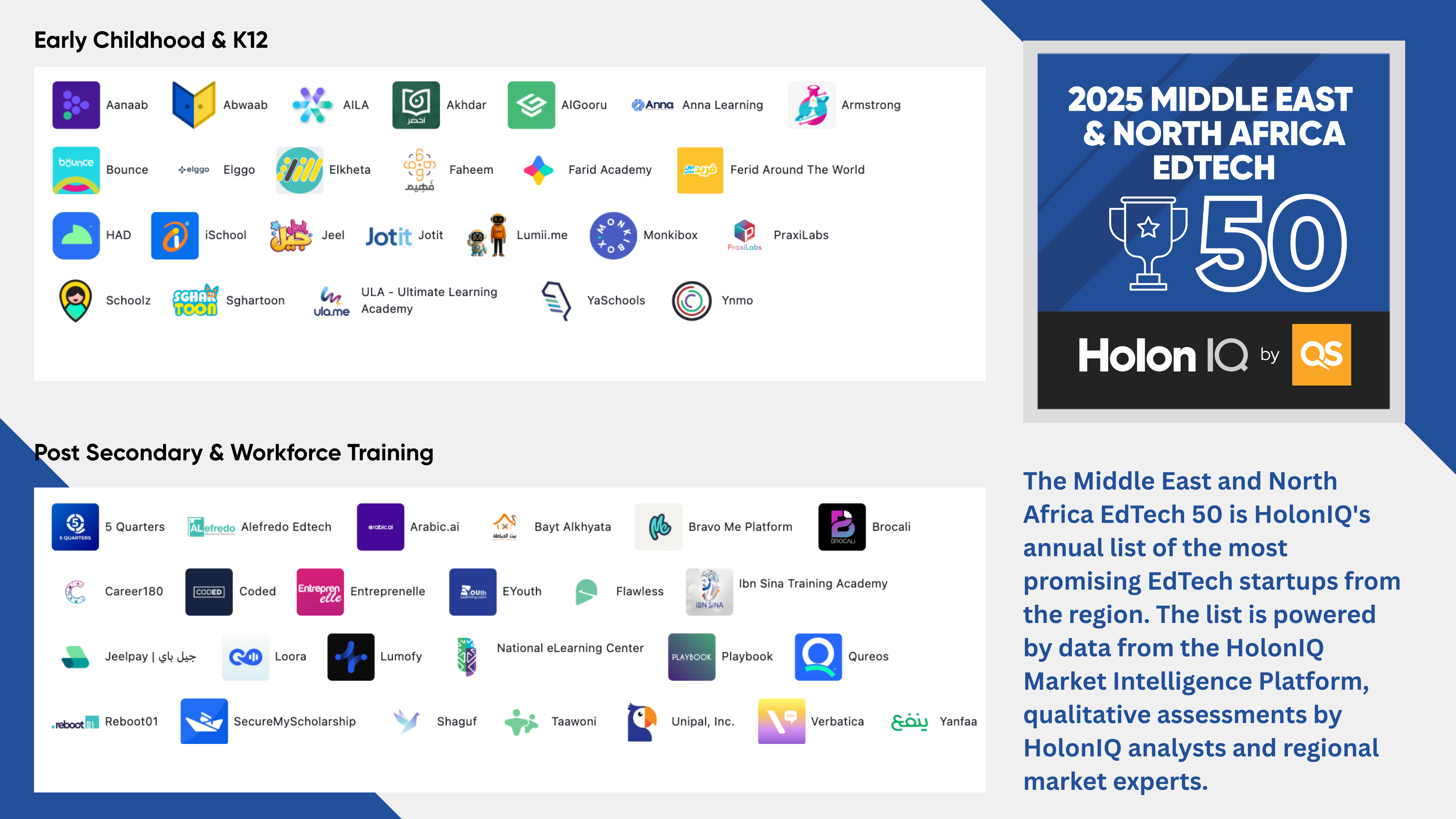
.png)
